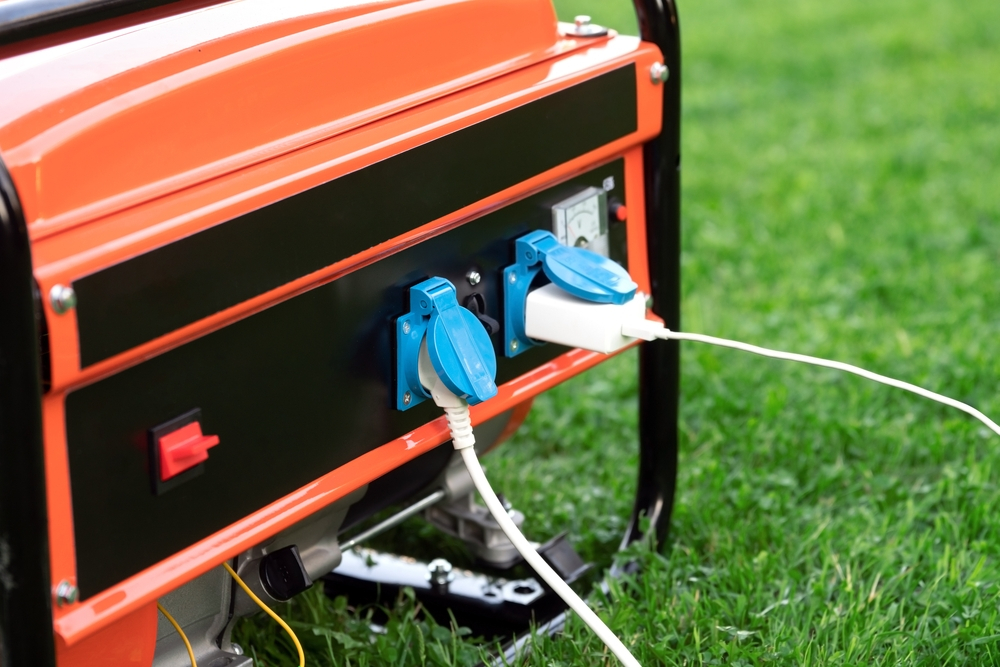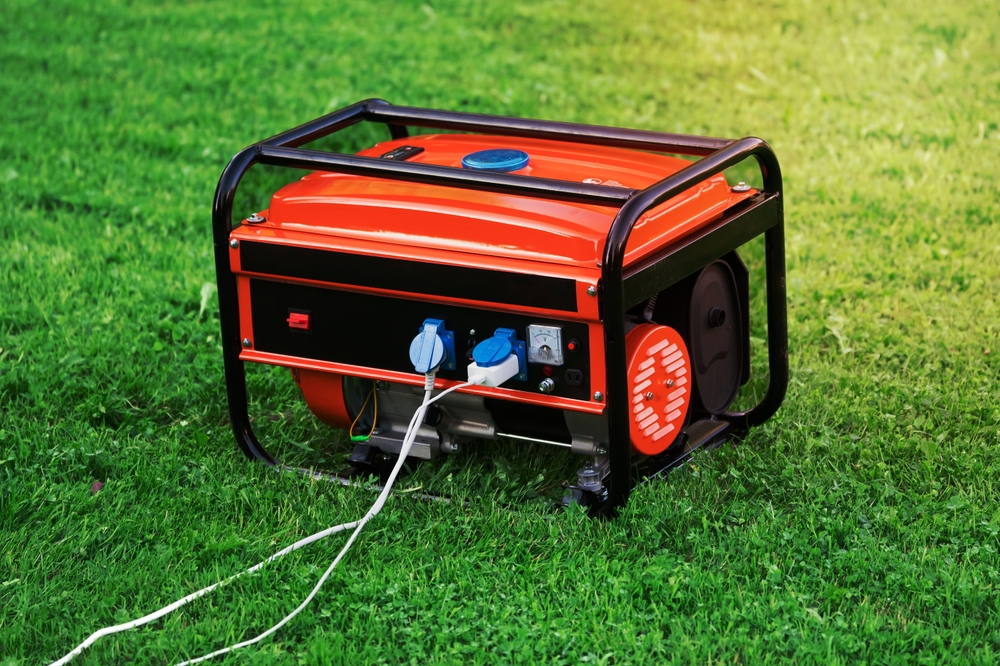Power outages can be a major inconvenience and disruption. Whether it’s a severe storm or a grid failure, losing electricity can make life difficult. This is where generators come in. These devices provide a source of power during outages, helping keep your home or business running smoothly. But with so many types of generators available, how do you know which one is right for you? This article aims to help you understand the different types of generators, their power output, energy sources, and the benefits of each.
Understanding Generators
Generators are power-producing devices that convert mechanical energy into electrical energy. They are used as a backup power source during power outages or in places where power is not readily available. Generators can be powered by various energy sources, including diesel, gas, and propane.
Types of Generators
Portable Generators
Portable generators are compact, easily transportable, and designed for temporary use, such as camping trips or outdoor events. They run on gasoline or propane and can power individual appliances or a few rooms in your house.
Standby Generators
Standby generators are permanently installed outside your home or business and automatically turn on when power is lost. They are powered by natural gas or propane and can power an entire house or business.

Inverter Generators
Inverter generators are a type of portable generator that produce clean, stable power suitable for sensitive electronics. They are more fuel-efficient and quieter than traditional portable generators.
Diesel Generators
Diesel generators are known for their durability and efficiency. They are often used in commercial settings, like construction sites or hospitals, where a large amount of power is needed.
Gas Generators
Gas generators are commonly used for residential purposes. They run on natural gas or propane and provide a reliable source of power during outages.
Factors to Consider When Choosing a Generator
When choosing a generator, consider your power requirements, the generator’s power output, its energy source, and its ease of use. It’s also important to consider the generator’s noise level, especially if you live in a residential area.
Conclusion
Generators provide a reliable source of power during outages or in places where power is not available. Whether you need a portable generator for camping, a standby generator for your home, or a diesel generator for your business, knowing the different types of generators and their features can help you choose the right one for your needs. Always consider your power needs, the generator’s features, and its energy source before making a decision.

